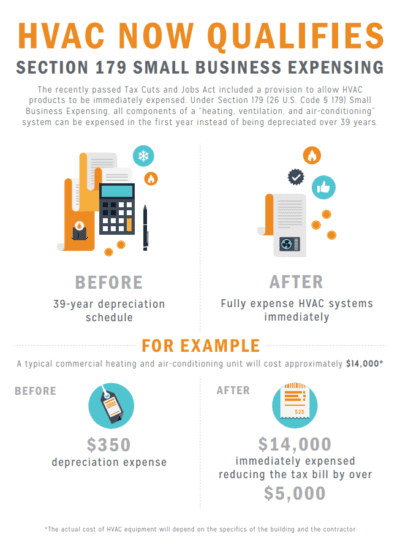Exactly How Weather Impacts Heatpump Efficiency And What You Can Do Concerning It
Exactly How Weather Impacts Heatpump Efficiency And What You Can Do Concerning It
Blog Article
Staff Author-Pacheco Munkholm
When it concerns your heatpump, weather condition plays a vital role in its performance. From freezing temperature levels to sweltering heat, each element can influence just how effectively your system operates. However what can you do to combat these weather-related difficulties and guarantee your heatpump is working at its finest? Remain tuned to discover sensible tips and techniques to maximize your heatpump's efficiency, no matter the climate condition it encounters.
Weather Condition Factors Influencing Heat Pump Performance
Weather condition factors have a significant impact on the effectiveness of heat pumps. One essential aspect is temperature. Heatpump function by transferring warmth from outdoors to inside during winter season and vice versa in summer. As temperature levels drop, it comes to be harder for the heatpump to remove warm from the outside air, reducing its efficiency.
Another key element is humidity. High humidity levels can make it much more challenging for the heat pump to release warmth during the cooling procedure.
In addition, wind rate plays a role. Solid winds can dissipate the warm taken in or launched by the heatpump, impacting its general efficiency.
Tips for Optimizing Heatpump Efficiency
To enhance the efficiency and durability of your heat pump, applying a few key approaches can make a considerable difference in its efficiency.
Firstly, ensure normal upkeep by cleaning or changing filters every 1-3 months to avoid airflow clogs and make best use of air movement. In addition, routine yearly professional assessments to discover and address any type of possible problems beforehand.
Optimum thermostat setups additionally play a crucial function. Throughout the winter season, aim for a temperature level setup that's as reduced as comfy, and throughout the summertime, established it as high as comfortable to reduce the work on your heatpump. Utilizing a programmable thermostat can help you immediately change settings based upon your schedule.
Furthermore, securing leakages in ductwork and shielding air ducts in unconditioned rooms can prevent power loss and enhance general system performance.
Lastly, think about mounting a smart thermostat that can discover your behaviors and readjust setups appropriately, further maximizing your heat pump's performance. By complying with these ideas, you can ensure your heatpump operates efficiently and successfully throughout the year.
Best Practices for Weatherproofing Your Heatpump
For optimal performance and performance of your heatpump, carrying out weatherproofing steps is essential. Start by sealing mouse click the next document or cracks around doors, home windows, and ductwork to stop warmth loss and preserve a regular indoor temperature.
https://abc7news.com/service-champions-heating-and-air-conditioning-jobs-job-posting-bay-area/6267649/ subjected pipes and air ducts to avoid freezing throughout cold weather and make sure proper air movement. Take into consideration setting up a protective cover over the exterior system to secure it from extreme climate aspects like snow, ice, and debris.
Regularly clean the exterior device to remove dust, leaves, and debris that can obstruct airflow and lower performance. In addition, keep the area around the heat pump free from snow, ice, and plants to enable proper ventilation.
Conclusion
Now that you comprehend exactly how weather influences your heatpump performance, you can take proactive actions to maximize its performance. By complying with the ideas outlined in this write-up, such as regular upkeep, thermostat changes, and weatherproofing measures, you can make certain that your heatpump operates at its best regardless of the weather. Keep ahead of the game and maintain your home comfortable throughout the year.
